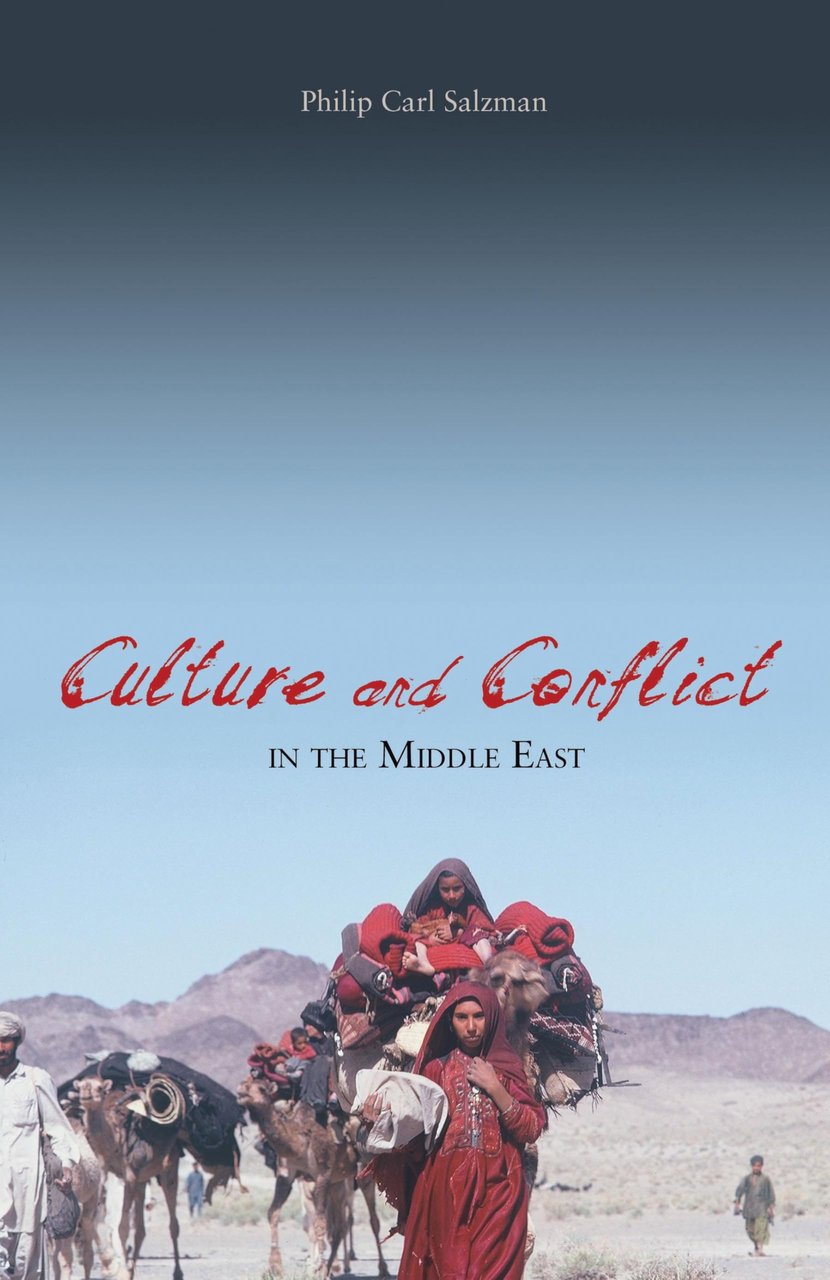Culture and Conflict in the Middle East
Culture and Conflict in the Middle East
Formas de Pago
- PayPal
- Tarjeta de crédito
- Transferencia Bancaria
- Pubblica amministrazione
- Carta del Docente
Detalles
- Autor
- Salzman Philip Carl
- Editores
- Humanities Press Prometheus Books, United States, 2008
- Materia
- Turchia Turkey Turquie
- Descripción
- H
- Sobrecubierta
- False
- Conservación
- Bueno
- Encuadernación
- Tapa dura
- Copia autógrafa
- False
- Primera edición
- False
Descripción
8vo,224 pages. a few sprse underlinings and highlighting, ow very good. In an era of increasing interaction between the United States and the countries of the Middle East, it has become ever more important for Americans to understand the social forces that shape Middle Eastern cultures. Based on years of his own field research and the ethnographic reports of other scholars, anthropologist Philip Carl Salzman presents an incisive analysis of Middle Eastern culture that goes a long way toward explaining the gulf between Western and Middle Eastern cultural perspectives. Salzman focuses on two basic principles of tribal organisation that have become central principles of Middle Eastern life - balanced opposition (each group of whatever size and scope is opposed by a group of equal size and scope) and affiliation solidarity (always support those closer against those more distant). On the positive side, these pervasive structural principles support a decentralised social and political system based upon individual independence, autonomy, liberty, equality, and responsibility.But on the negative side, Salzman notes a pattern of contingent partisan loyalties, which results in an inbred orientation favouring particularism: an attitude of my tribe against the other tribe, my ethnic group against the different ethnic group, my religious community against another religious community. For each affiliation, there is always an enemy. Salzman argues that the particularism of Middle Eastern culture precludes universalism, rule of law, and constitutionalism, which all involve the measuring of actions against general criteria, irrespective of the affiliation of the particular actors. The result of this relentless partisan framework of thought has been the apparently unending conflict, both internal and external, that characterises the modern Middle East. islam tribes tribal culture

